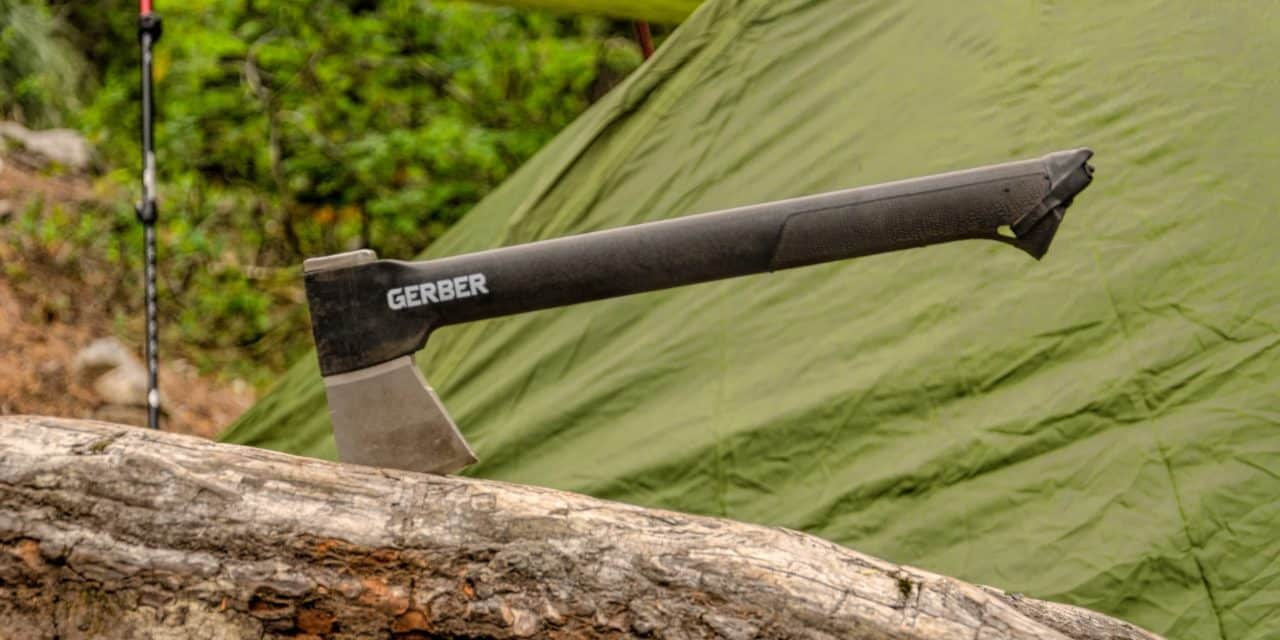[ad_1]
No one knows when the next earthquake, hurricane or other natural disaster will hit. Civil unrest can occur in a very short period of time and require that you have the means to stay indoors for at least 72-hours, or perhaps even longer.
But what if you had to remain inside for a week? How about a month? While every household should have some type of emergency preparedness supplies, how many households have enough supplies to last one or two months in the event of an emergency? Many households stock extra pantry items such as canned foods along with emergency lights, batteries, blankets, first aid kits, and other emergency supplies. However, the most important items in your survival stash needs to be food and water.
When creating a food storage strategy, consider some of these benefits of freeze dried food:
1. Long-term shelf life
Purchasing #10 cans of freeze dried food will keep for 25 years depending on the storage temperature. All the major freeze dried manufacturers make #10 cans which is a standard method of food storage. Cans in storage can be rotated for backpacking and camping trips, or just rotated as part of your normal meal preparation. Even smaller containers such as #2 ½ cans from AlpineAire have a 15-year shelf life, and small 2 and 4-person serving freeze dried food pouches last 7 years.
2. No cooking required – just add water
Many preppers underestimate the benefits of having freeze dried food that can be prepared quickly and easily by just adding water. While hot water is desirable for the best taste, in case of an emergency, cold water will provide the same nutritional benefits. The last thing you want to do in a survival scenario is to worry about different meal combinations as you want to dedicate all of your energy to keeping yourself or your family safe.
3. Food has intrinsic value
Food is a universal currency during a survival scenario. You can trade it for other necessities such as medicines, protection, or transportation. Your food value also never goes to waste as you can rotate the food that you purchase in and out of your food storage. Finally, buying food now with a long shelf-life locks in the cost of food now so in the event of severe price inflation, your supply of freeze dried food has already been paid for.
4. Other considerations
- Food storage gives you peace of mind knowing that you are prepared in the event of a disaster.
- You can supplement your freeze dried food supplies with canned foods and foods you use regularly but have 1-2 year shelf life so that it can function as both food storage and an extended pantry.
- Do not forget to stock up on your most favorite items such as coffees, teas, hot chocolate, candies, and whatever else you view as a luxury or comfort food. In times of crisis, these food items will help lift your spirits.
- Consider whether you need to have smaller, more portable food storage units if the types of disaster you are preparing for may require you to move quickly. A six month supply of food storage is great to have in your basement, but if you cannot stay at home during an emergency, you need the ability to collect your food and move quickly.
In summary, serious thinking about how an emergency scenario may affect you should lead you to consider, amongst everything else, that food is a key element to your disaster planning.
[ad_2]
Source by Timothy Darwin Lee


